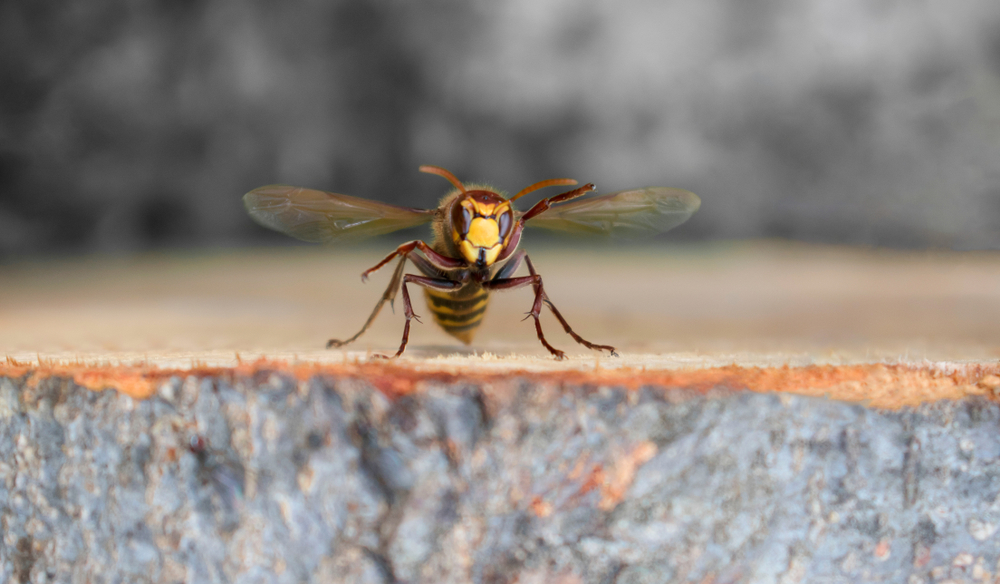Be Prepared For Wasp Season in North Carolina

As the temperatures rise and the flowers bloom, residents of North Carolina can expect the return of wasp season. With their distinctive buzzing and painful stings, wasps can be a nuisance for homeowners and outdoor enthusiasts alike. Being prepared for wasp season is essential for avoiding unwanted encounters and keeping your home and property safe. In this blog post, we will explore when wasps come out in North Carolina, how to get rid of wasps, and how to protect yourself and your loved ones from these summertime pests.
When do Wasps Come Out in NC?
In North Carolina, the arrival of warm spring weather signals the beginning of wasp season. Depending on the species, wasps typically become more active in late spring and early summer as they begin building nests and foraging for food. Common species of wasps found in North Carolina include paper wasps, yellow jackets, and hornets, all of which can be aggressive when provoked or disturbed.
To avoid unwanted encounters with wasps, it is essential to be aware of their typical nesting and foraging behaviors. If you notice an increased presence of wasps around your home or property, it is a sign that they are actively building nests and searching for food sources. Taking proactive measures to address wasp infestations early can help prevent potential stings and damage to your property.
How to Get Rid of Wasps in North Carolina?
If you discover a wasp nest on your property or encounter a high number of wasps in and around your home, it is important to take steps to address the infestation promptly. While DIY methods can be effective for small nests, larger nests or infestations may require professional intervention. Here are some tips on how to get rid of wasps in North Carolina:
1. Locate and identify the nest: Before attempting to remove a wasp nest, it is crucial to identify its location and the type of wasps inhabiting it. Different species of wasps require different treatment methods, so proper identification is key to successful removal.
2. Use protective gear: When dealing with wasp nests, it is essential to wear protective clothing, including long sleeves, pants, gloves, and a face mask. This will help prevent stings and protect you from potential allergens in wasp venom.
3. Choose the right treatment method: There are several effective methods for removing wasp nests, including insecticidal sprays, dusts, and traps. When using chemical treatments, be sure to follow the instructions carefully and take precautions to avoid exposure to toxic chemicals.
4. Dispose of the nest: Once the wasp nest has been eliminated, it is important to dispose of it properly to prevent re-infestation. Seal the nest in a plastic bag and dispose of it in the trash, or contact your local pest control professional for safe removal.
Protecting Yourself From Wasp Stings
While getting rid of wasp nests is essential for managing infestations, it is equally important to take steps to protect yourself and your loved ones from wasp stings. Here are some tips for avoiding stings during wasp season in North Carolina:
– Keep food and trash covered: Wasps are attracted to food sources, so keeping outdoor dining areas clean and free of crumbs and spills can help prevent wasp encounters.
– Avoid wearing bright colors and strong scents: Bright colors and floral scents can attract wasps, so opt for neutral-colored clothing and avoid using heavily scented perfumes or lotions when spending time outdoors.
– Stay calm and still: If you encounter a wasp, try to remain calm and still. Swatting at a wasp or making sudden movements can provoke an attack, so slowly back away from the area until the wasp loses interest.
Summary
Being prepared for wasp season in North Carolina is essential for protecting yourself, your property, and your loved ones from these summertime pests. By knowing when wasps come out, how to get rid of them, and how to avoid stings, you can enjoy the warmer weather without the worry of unwanted encounters. Whether you are dealing with a small nest or a larger infestation, taking proactive steps to address wasp problems early can help prevent stings and ensure a safe and enjoyable outdoor experience.
